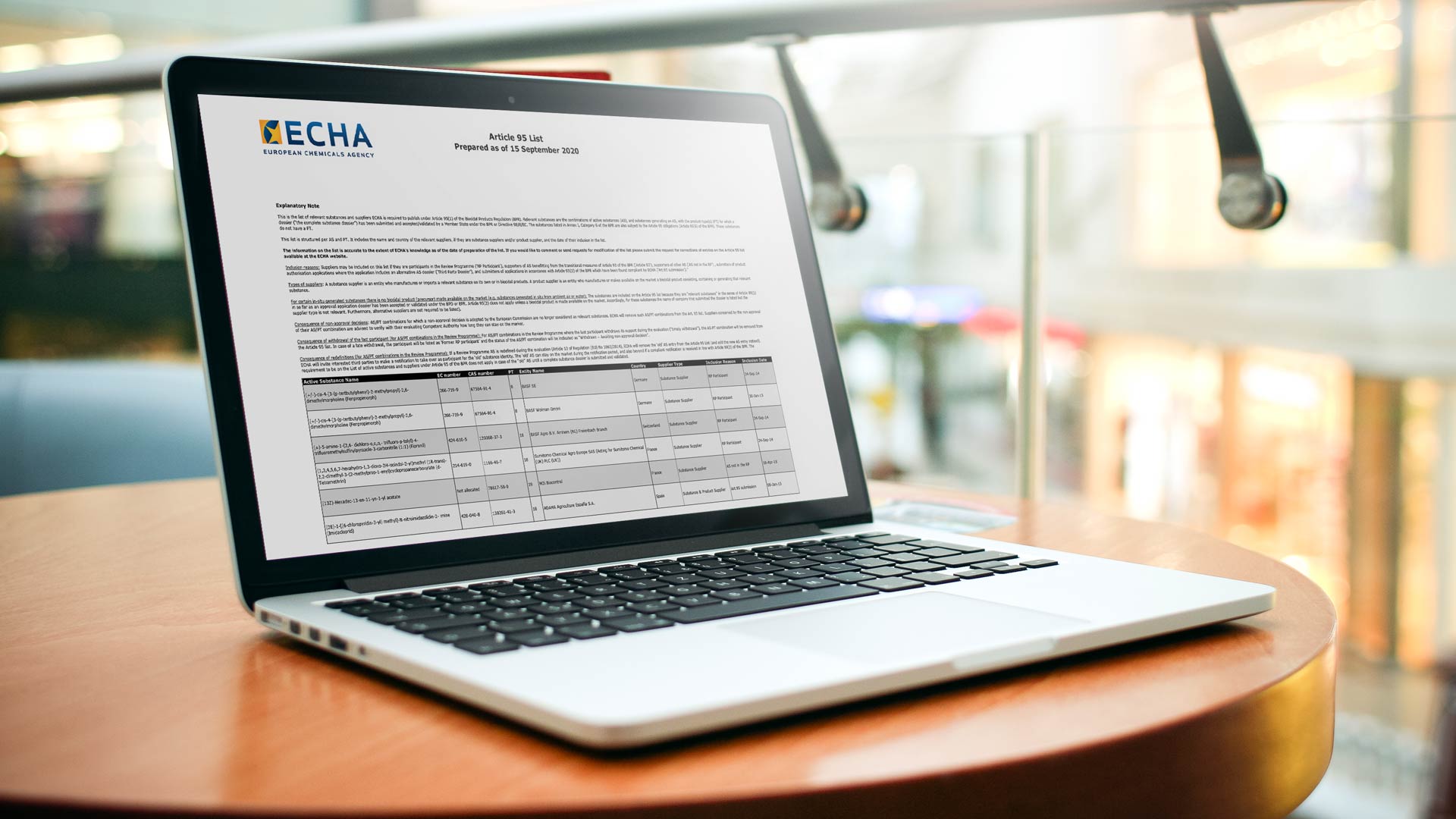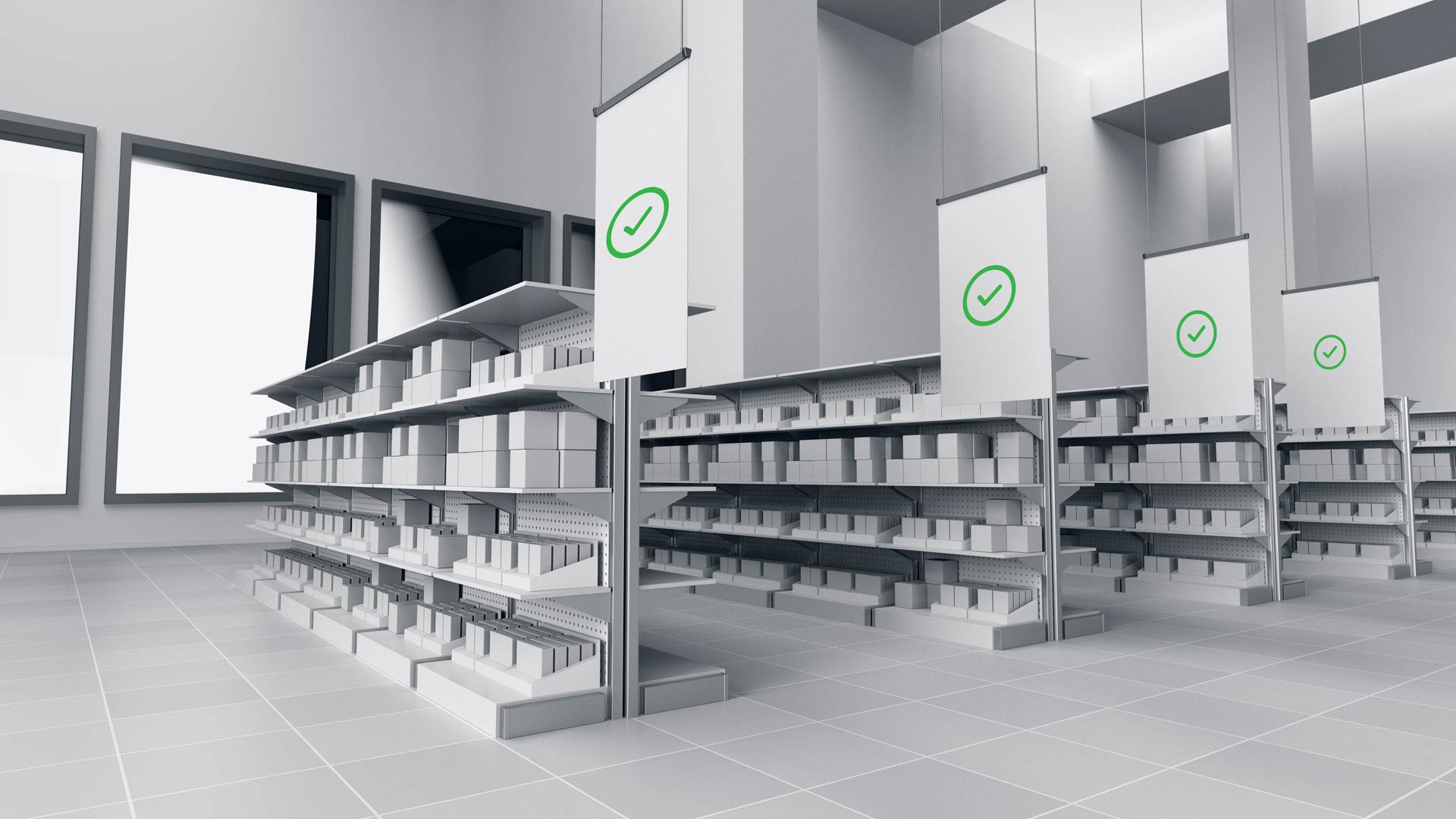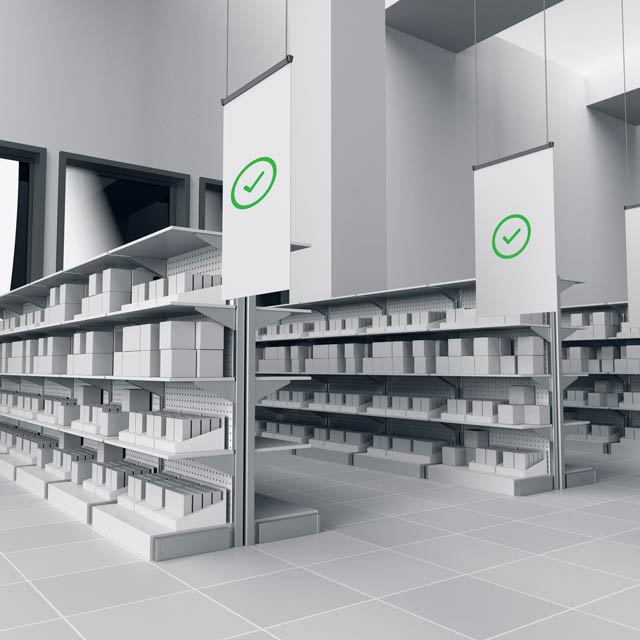EU LEGISLATION
ENSURES A HIGH LEVEL OF SAFETY OF HUMANS AND THE ENVIRONMENT
Active Substance Approval
Companies have to apply for approval of an active substance by submitting a dossier to the European Agency of Chemicals (ECHA).
The assessment of the active substances prior to their approval for use in biocidal products is carried out by an EU country, followed by a peer review involving all EU countries, coordinated by the ECHA. This peer review takes place within the Biocidal Products Committee (BPC) which prepares an opinion within 270 days that serves as the basis for the decision on approval which is adopted by the European Commission.
The approval of an active substance is granted for a defined number of years, not exceeding 10 years and is renewable. The approval is for a specific product type.
A similar process takes place for the renewal of the approval of the active substance. The application for the renewal has to be submitted 550 days before the expiry date of the approval to ECHA.

Review Programme

For active substances which were already on the market on 14 May 2000 as an active substance of a biocidal product, also known as Existing Active Substances, a review programme was set up by the Biocidal Products Directive (BPD) and continues under the Biocidal Products Regulation (BPR). Foreseen to be completed in 2024.
Technical Equivalence
The technical equivalence is the process to determine the similarity of an AS that comes from a different source or production process with the reference AS that has been approved.
The technical equivalence needs to be assessed in the context of biocidal product authorisation when there has been a change in regard to the source of the active substance.

Article 95

Since 1 September 2015, a BP (consisting of, containing, or generating a relevant substance) cannot be made available on the EU market if the substance supplier or product supplier is not included in the Article 95 list.
Biocidal product authorisation
All biocidal products must get an authorisation before they can be made available on the market. The product must be proven to be effective for its intended uses.
Companies can choose between several alternative processes, depending on their product and the number of countries where they wish to sell it.
- National Authorisation If the company is only interested in one single local market (Member State). The EU country where the biocidal products are to be placed on the market is responsible for authorising the product.
- A mutual recognition process exists between EU countries so that companies can obtain authorisation of their products simultaneously in several countries (mutual recognition in parallel) or subsequently if the product has been already authorised in one EU country (mutual recognition in sequence).
- Union Authorisation Some products can be authorised at EU level, allowing companies to place them on the EU market. In these cases, it is the European Commission that grants such authorisation.
The authorisation is granted for max 10 years.

Conditions for Granting Authorisation

- Sufficient efficacy has been proven
- No unacceptable risk for human health, animal health (non-target organisms) and the environment has been identified
- Art 19 (4) lays down conditions where a BP may not be authorised for use by the general public (e.g. category 1,2 carcinogen, mutagen, ED, PBT and vPvB1)
1 Derogation for PBT/vPvB: Art 19 (5)
Authorisation possible ONLY where not authorising the biocidal product would result in disproportionate negative impacts for society when compared to the risks to human health, animal health or the environment arising from the use of the biocidal product under the conditions laid down in the authorisation. (Art 19 (5)).






